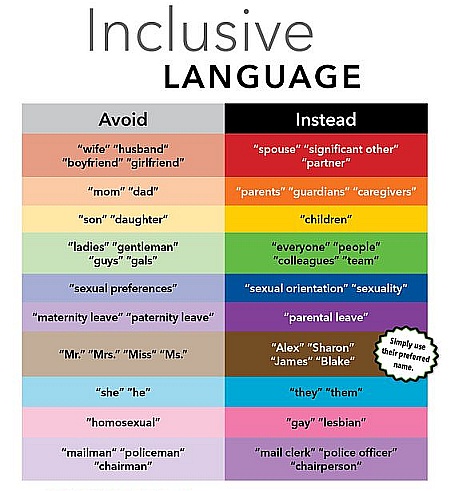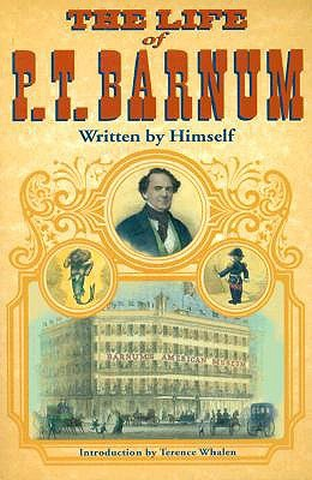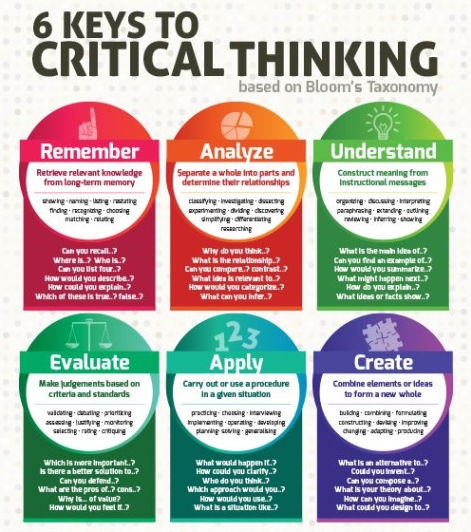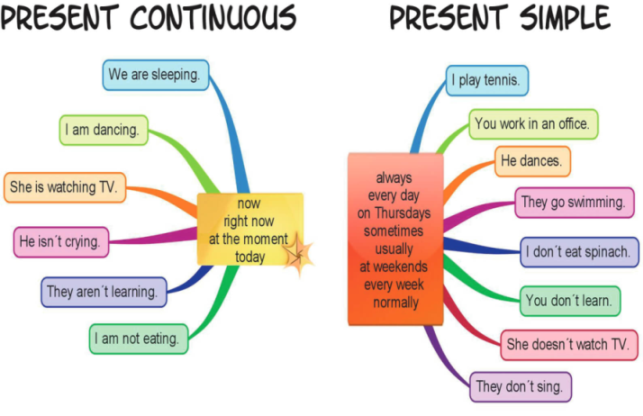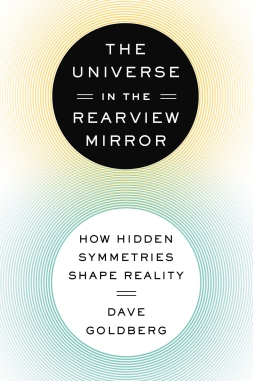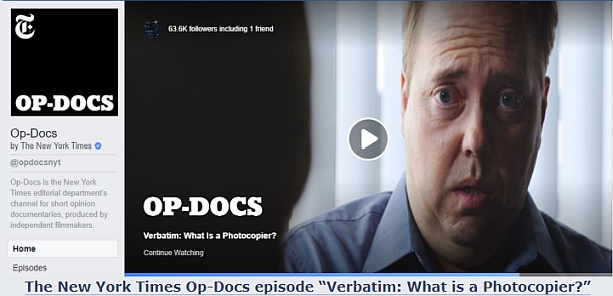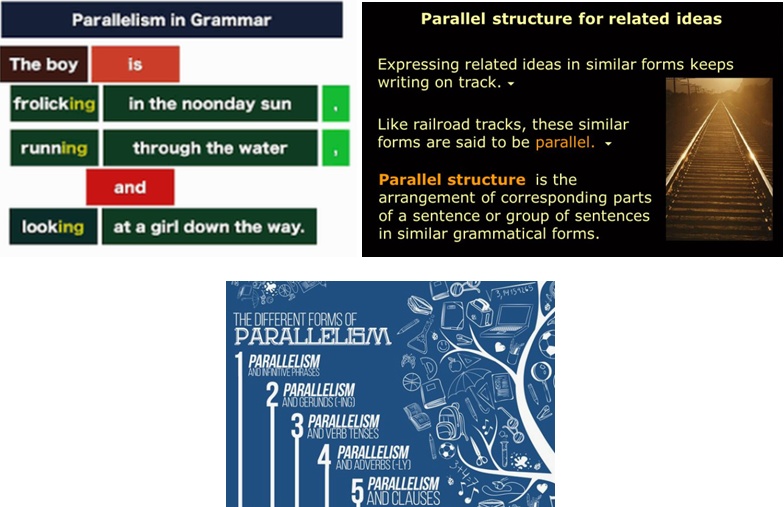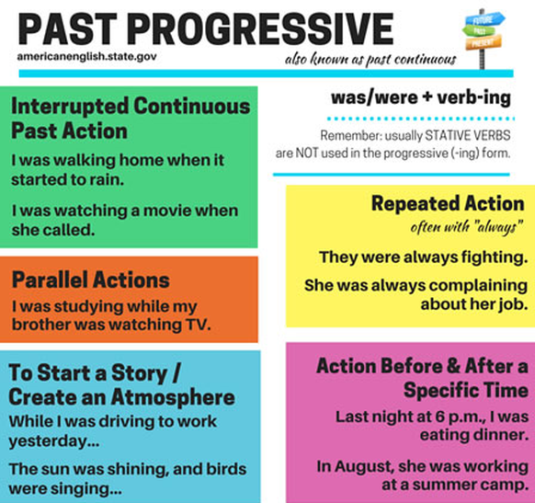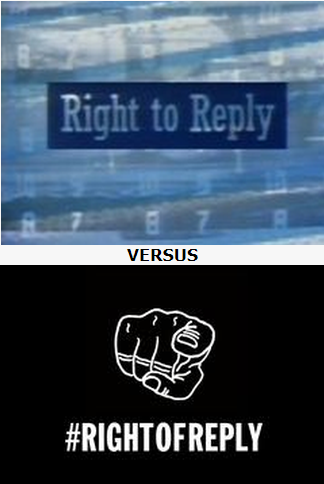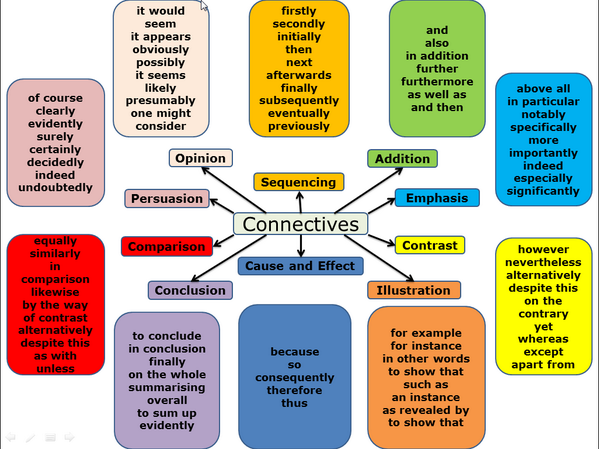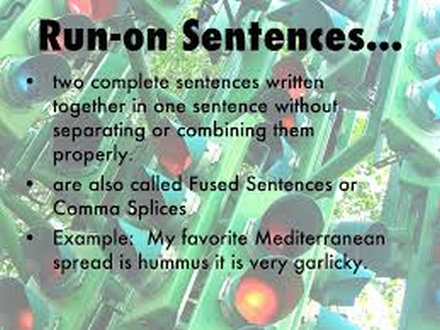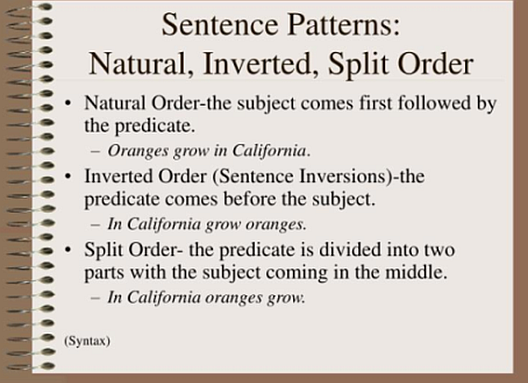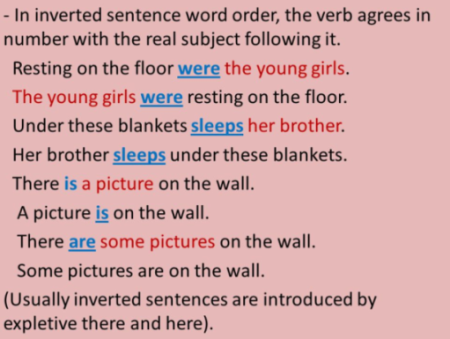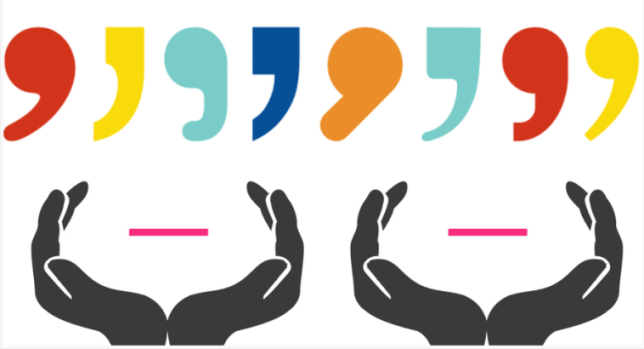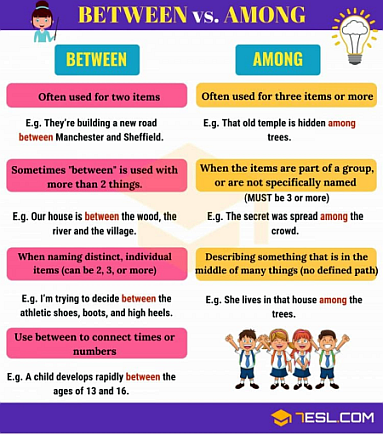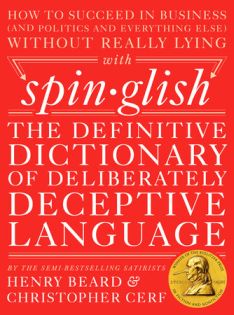1
Getting to Know English / Using nondiscriminatory English – Part 2
« Last post by Joe Carillo on May 07, 2024, 11:52:37 PM »Now let’s focus on the success of contemporary English in avoiding asymmetrical treatment of people on account of their age, ethnicity and social standing. To begin with, it is no longer socially and politically correct to label people past middle age as “the old,” “the aged,” or “septuagenarians”; they are more properly referred to now as “older people,” “seniors,” or “senior citizens.” In the same token, to call people in the lower age bracket as “youths,” “juveniles,” “adolescents,” “greenhorns,” or “neophytes” would be insensitive; the socially acceptable generic terms today are “young persons” and “young people.” Then, when referring to ethnic group members in negative situations, it is now unthinkable for the mainstream mass media to run a discriminatory headline like this: “Lithuanian [Polynesian, Armenian, Dane, Filipino, etc.] Nabbed in Miami Multinational Drug Bust.” The era of gratuitously stereotyping ethnic people for shock effect is long over.

Here in the Philippines, however, we are still prone to using dangerously unfair English-language stereotypes, particularly when referring to the disadvantaged sectors of our society. Take this recent headline of a leading national newspaper: “Old building collapses; 10 looters feared dead.”
The story reported: “Nasipit Mayor Enrico Corvera said most of the victims were scavengers looking for metals inside the dilapidated and concrete-walled building...when it collapsed at around 2 p.m. yesterday.” The headline categorically labeled those who died in the accident as “looters,” while the mayor simply identified them as “scavengers.”
A “looter,” by definition, is someone who “plunders or sacks in war,” or who “robs especially on a large scale and usually by violence or corruption”; a “scavenger,” on the other hand, is plainly “a garbage collector” or “a junk collector.” “Looting” is a criminal offense while “scavenging” is not, however lowly the occupation may appear, and no amount of headline-letter-count constraints can justify glossing over that difference in meaning. Because of the writer’s semantic ignorance, the victims have not only been killed owing to their poverty but were slandered even in death.
Avoiding unfairly focusing on irrelevant or discriminatory characteristics of people when describing them in negative situations. It’s obviously difficult for people to forego or curb the tendency to use derogatory language privately against their opponents or pet peeves. Human nature seems to be permanently wired for that. But to use blatantly discriminatory language in polite society or in the mass media is an altogether different matter. We have to avoid it not only in the interest of good taste and political correctness but also to avoid committing slander or libel.
Take this discriminatory reporting still prevalent in Philippine journalism: “Singer X was adjudged the ‘Female Vocalist of the Year’ award despite her diminutive size, being only 54 cm. on bare feet.” (What does her height got to do with her singing voice?) Or this spiel by a TV sports commentator: “The two runners performed in the 20K marathon like geriatrics just out of the hospital.” (In one fell swoop, this discriminatory remark slanders both the runners and ailing aged people in general.) And then this recent diatribe by a magazine columnist: “And when [Politician X], ever so slowly (and perhaps painfully), raised his arthritic right arm to emphasize a point, as we were taught to do in Ateneo elocution class, it was obvious to me that his target audience was the Living Dead.” (Deliciously wicked, that dig at “the Living Dead,” but the terribly unkind reference to Politician X’s pain in raising his supposedly arthritic right arm borders on the libelous, I think.)
Having taken a quick look at the progress English has made so far in fighting discriminatory language, we will now examine its hard-core grammar limitation that we already know so well, but which we must take pains to learn how to handle better: English has no gender-neutral pronoun for the third person singular, a quirk that forces it to use the generic masculine forms “he,” “him,” and “his” to refer to both men and women. We thus usually end up with discriminatory language that makes women invisible, like this: “The typical Filipino voter is a laborer who works in a factory, or a farmer who subsists in marginal farming. He has a wife who usually augments the family income with piecework or retail selling. Sometimes these roles are simply reversed.”
For gender equality, and also considering the fact that Filipino women slightly outnumber the men, it would be prudent for that statement to refer to the “Filipino” in the generic plural: “Majority of Filipinos are laborers who work in a factory, or farmers who subsist in marginal farming. They have spouses who usually augment the family income through piecework or retail selling.”
In sum, by being more discerning in our choice of words, we can truly make ourselves confidently and pleasantly nondiscriminatory in our English.
This is the continuation of my 1,631-word essay with the original title “Using nondiscriminatory language” that formed Chapter 135 of my book Give Your English the Winning Edge, © 2009 and published by the Manila Times Publishing Corp. All rights reserved.
Read this part of the essay and listen to its voice recording in The Manila Times:
Using nondiscriminatory English – Part 2
(Next: The perils of sweeping generalizations) May 16, 2024
Visit Jose Carillo’s English Forum, http://josecarilloforum.com. You can follow me on Facebook and X (Twitter) and e-mail me at j8carillo@yahoo.com.

Here in the Philippines, however, we are still prone to using dangerously unfair English-language stereotypes, particularly when referring to the disadvantaged sectors of our society. Take this recent headline of a leading national newspaper: “Old building collapses; 10 looters feared dead.”
The story reported: “Nasipit Mayor Enrico Corvera said most of the victims were scavengers looking for metals inside the dilapidated and concrete-walled building...when it collapsed at around 2 p.m. yesterday.” The headline categorically labeled those who died in the accident as “looters,” while the mayor simply identified them as “scavengers.”
A “looter,” by definition, is someone who “plunders or sacks in war,” or who “robs especially on a large scale and usually by violence or corruption”; a “scavenger,” on the other hand, is plainly “a garbage collector” or “a junk collector.” “Looting” is a criminal offense while “scavenging” is not, however lowly the occupation may appear, and no amount of headline-letter-count constraints can justify glossing over that difference in meaning. Because of the writer’s semantic ignorance, the victims have not only been killed owing to their poverty but were slandered even in death.
Avoiding unfairly focusing on irrelevant or discriminatory characteristics of people when describing them in negative situations. It’s obviously difficult for people to forego or curb the tendency to use derogatory language privately against their opponents or pet peeves. Human nature seems to be permanently wired for that. But to use blatantly discriminatory language in polite society or in the mass media is an altogether different matter. We have to avoid it not only in the interest of good taste and political correctness but also to avoid committing slander or libel.
Take this discriminatory reporting still prevalent in Philippine journalism: “Singer X was adjudged the ‘Female Vocalist of the Year’ award despite her diminutive size, being only 54 cm. on bare feet.” (What does her height got to do with her singing voice?) Or this spiel by a TV sports commentator: “The two runners performed in the 20K marathon like geriatrics just out of the hospital.” (In one fell swoop, this discriminatory remark slanders both the runners and ailing aged people in general.) And then this recent diatribe by a magazine columnist: “And when [Politician X], ever so slowly (and perhaps painfully), raised his arthritic right arm to emphasize a point, as we were taught to do in Ateneo elocution class, it was obvious to me that his target audience was the Living Dead.” (Deliciously wicked, that dig at “the Living Dead,” but the terribly unkind reference to Politician X’s pain in raising his supposedly arthritic right arm borders on the libelous, I think.)
Having taken a quick look at the progress English has made so far in fighting discriminatory language, we will now examine its hard-core grammar limitation that we already know so well, but which we must take pains to learn how to handle better: English has no gender-neutral pronoun for the third person singular, a quirk that forces it to use the generic masculine forms “he,” “him,” and “his” to refer to both men and women. We thus usually end up with discriminatory language that makes women invisible, like this: “The typical Filipino voter is a laborer who works in a factory, or a farmer who subsists in marginal farming. He has a wife who usually augments the family income with piecework or retail selling. Sometimes these roles are simply reversed.”
For gender equality, and also considering the fact that Filipino women slightly outnumber the men, it would be prudent for that statement to refer to the “Filipino” in the generic plural: “Majority of Filipinos are laborers who work in a factory, or farmers who subsist in marginal farming. They have spouses who usually augment the family income through piecework or retail selling.”
In sum, by being more discerning in our choice of words, we can truly make ourselves confidently and pleasantly nondiscriminatory in our English.
This is the continuation of my 1,631-word essay with the original title “Using nondiscriminatory language” that formed Chapter 135 of my book Give Your English the Winning Edge, © 2009 and published by the Manila Times Publishing Corp. All rights reserved.
Read this part of the essay and listen to its voice recording in The Manila Times:
Using nondiscriminatory English – Part 2
(Next: The perils of sweeping generalizations) May 16, 2024
Visit Jose Carillo’s English Forum, http://josecarilloforum.com. You can follow me on Facebook and X (Twitter) and e-mail me at j8carillo@yahoo.com.


 Recent Posts
Recent Posts